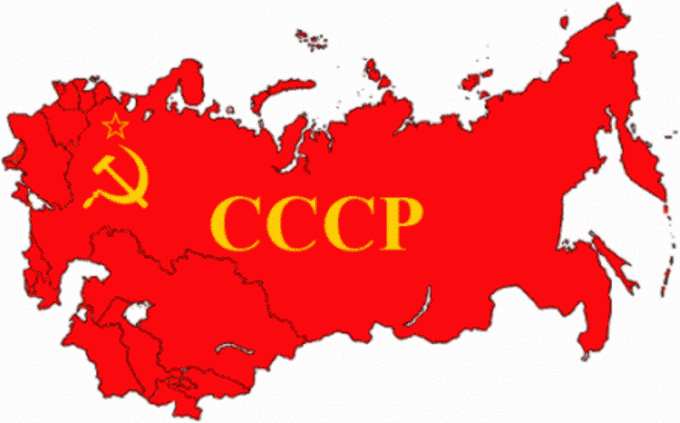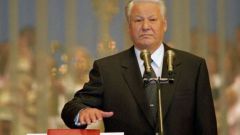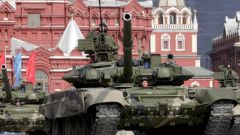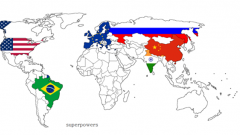The reasons for the collapse of the Soviet Union
Initially the highest ranks of the huge state in the world planned the preservation of the Soviet Union. To do this, they had to take timely measures for its reform, but in the end the breakup occurred. There are different versions that are sufficiently detailed transmit possible causes. For example, researchers believe that initially, when created by the state, it was to be entirely Federal, but over time, the USSR was transformed into a unitary state and this has generated a series of problems of inter-Republican and inter-ethnic relations, which has not received adequate attention.
During the perestroika years, the situation is pretty tense and has become extremely dangerous. Meanwhile, conflicting views have gained increasing magnitude, the economic difficulties became insurmountable, and it became quite clear that the collapse can not be avoided. It is also worth noting that in those days a vital role in public life played by the Communist party, which in some ways was a more significant authority than the state itself. It was the crisis that occurred in the Communist system of the state, was one of the reasons why the Soviet Union collapsed.
Date and the consequences of the collapse of the Soviet Union
The Soviet Union collapsed and ceased to exist at the end of December 1991. The consequences of the collapse took an economic nature, because he was the cause of the collapse of a large number of established connections that have been forged between subjects of economic activity, and led to the minimum value of production and its reduction. The access to external markets has ceased to have a guaranteed status. Also significantly reduced the territory of the collapsed state, and the problems associated with lack of infrastructure, have become more noticeable.
The collapse of the Soviet Union has influenced not only economic relations and the situation of the state, but all had political implications. Significantly decreased political capacity and influence of Russia, as well as acute problem for smaller segments of the population who lived at that time in the territory, not belonging to their national homelands. This is only a small part of the negative consequences that befell Russia after the collapse of the Soviet Union.





